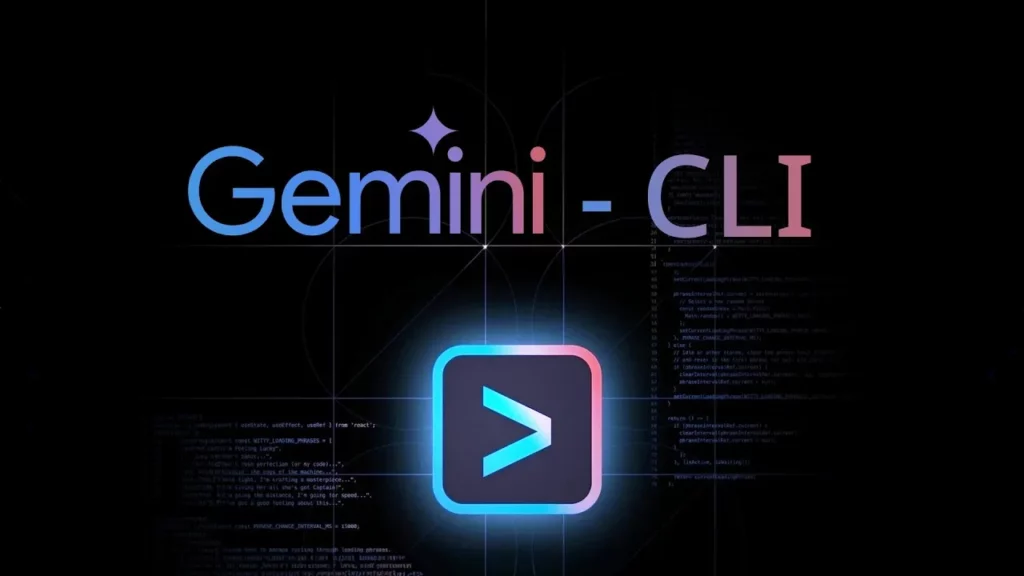A flaw in Gemini CLI left developers at risk of silent attacks. Hackers could trick the tool into running hidden instructions, leaking credentials, or carrying out destructive tasks without asking for approval. The issue shines a light on how fragile AI-assisted coding tools can be when security checks fail.
Gemini CLI whitelist system fell short

Researchers at Tracebit discovered that the way the tool handled command approvals was flawed. Developers believed they were giving access to harmless functions, but attackers could disguise dangerous activity under the same name. This allowed malicious actions to slip through as if they had already been approved.
The patch arrives to fix the weakness
Google released version 0.1.14 to correct the problem. Now, suspicious actions appear openly and require direct confirmation before running. Developers who ignore sandboxing are shown clear red warnings in every session. Extra safeguards are available through container systems like Docker, Podman, and Apple’s Seatbelt, which isolate risky activity.
How attackers twisted Gemini CLI
Tracebit showed how attackers could chain the flaw into a two-step attack. First, they persuaded a user to approve a command that looked safe. Next, they buried harmful instructions inside files that the tool would later process. Since Gemini CLI reads everything in those files, the hidden commands are fired without the user realizing. That could expose secrets or hand attackers a way into the system.
Risks remain without an update
Developers who haven’t upgraded are still vulnerable. Anyone running projects from unknown sources without isolation could end up with stolen data or broken systems. The attack takes effort to pull off, but the risk is serious enough that updating should not be delayed.
What developers should do now
Key steps to stay protected include:
- Install Gemini CLI v0.1.14 or newer
- Run sessions inside Docker, Podman, or macOS Seatbelt
- Avoid untrusted codebases unless isolated
- Watch logs for unusual behavior
Gemini CLI shifts to safer defaults
The patched release changes how the tool handles commands. Hidden operations are now exposed, risky ones trigger prompts, and attackers lose the cover they once had. With the fix in place, developers regain control. Silent flaws cut deepest when ignored, but this one doesn’t have to.














